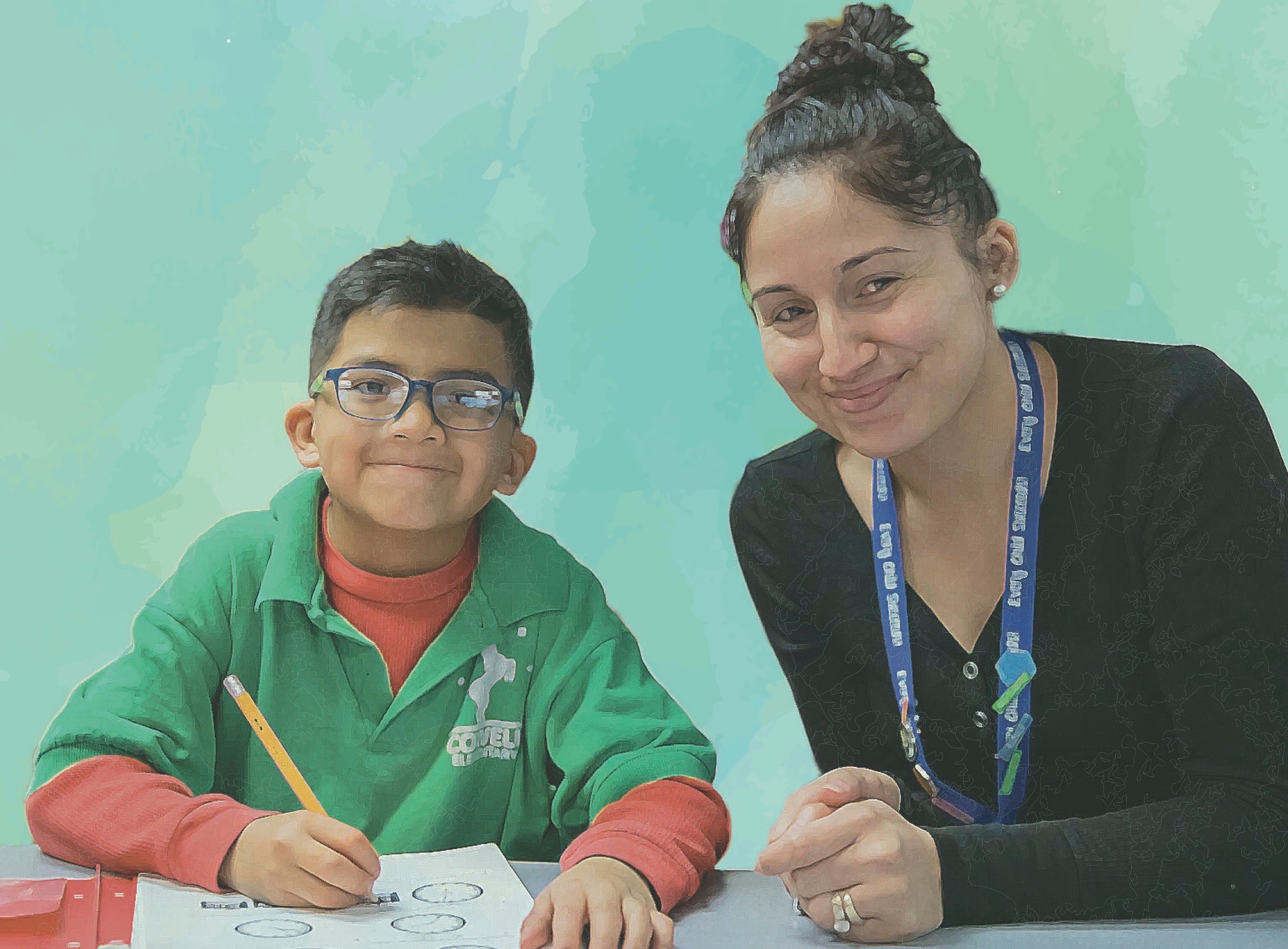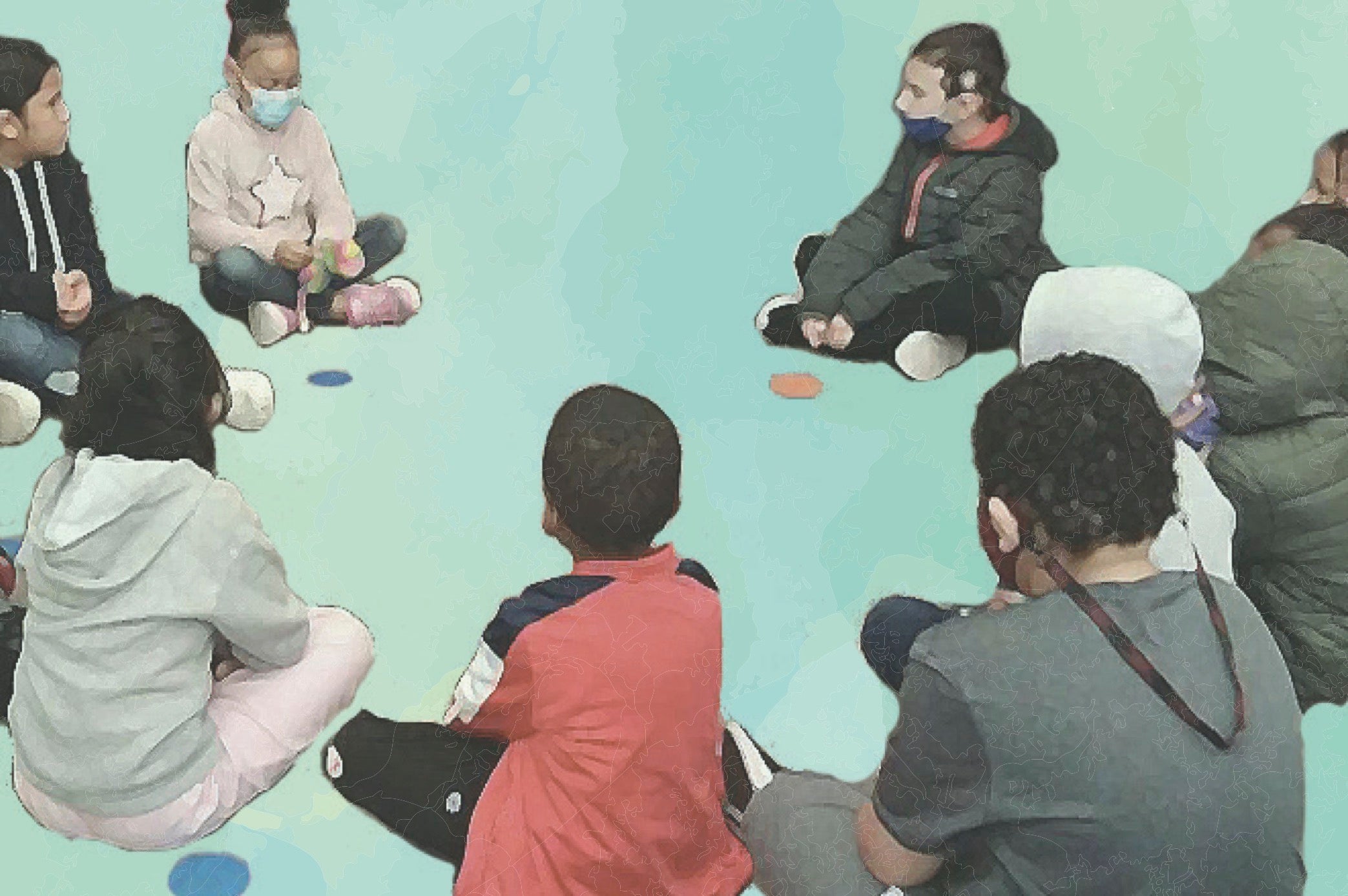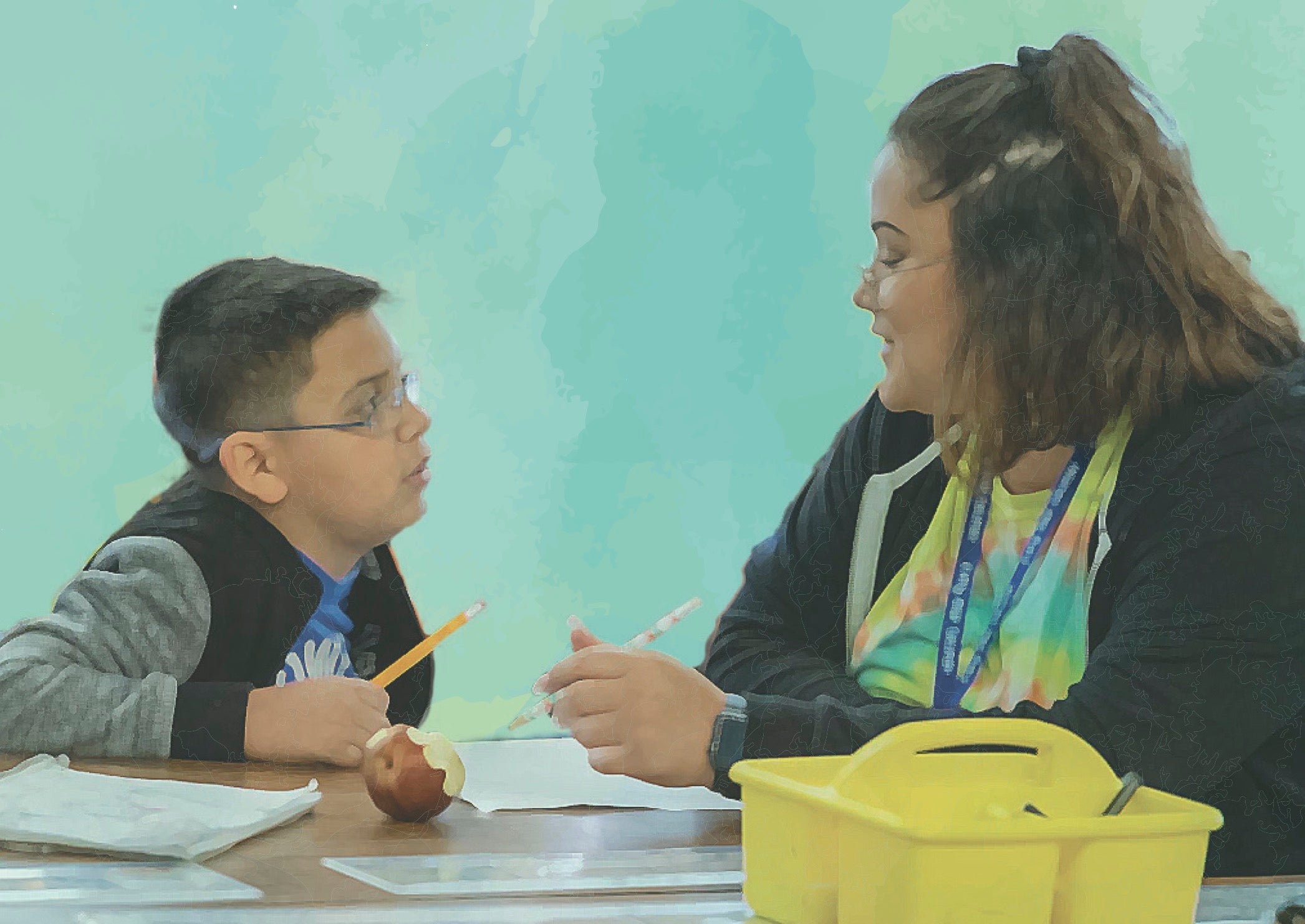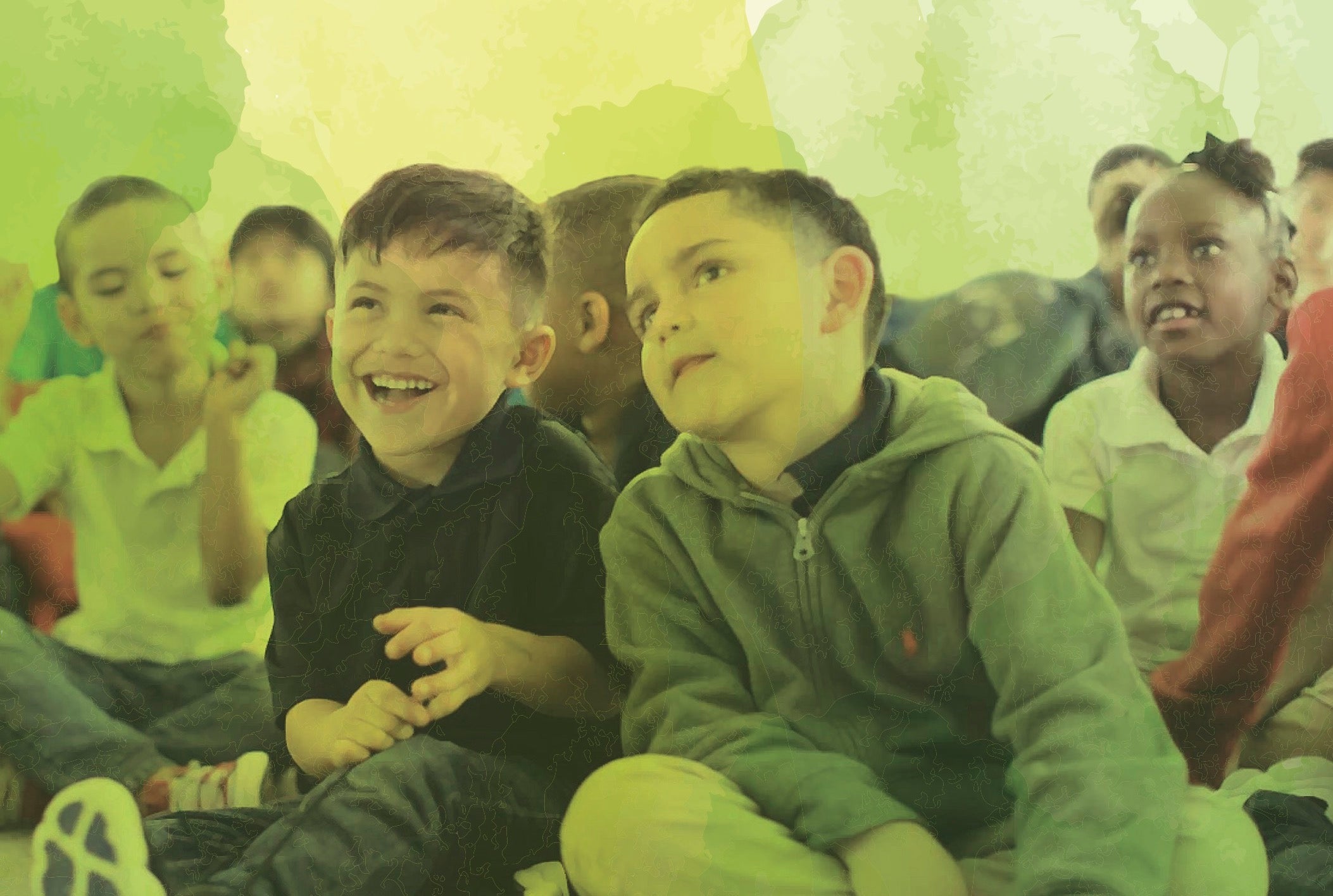
Breadcrumb
- Wallace
- Reports
- Engaging Teachers, Staff, And Pa...
Engaging Teachers, Staff, and Parents in Social and Emotional Learning in Palm Beach County
One of Six Case Studies of Schools and Out-of-School-Time Program Partners
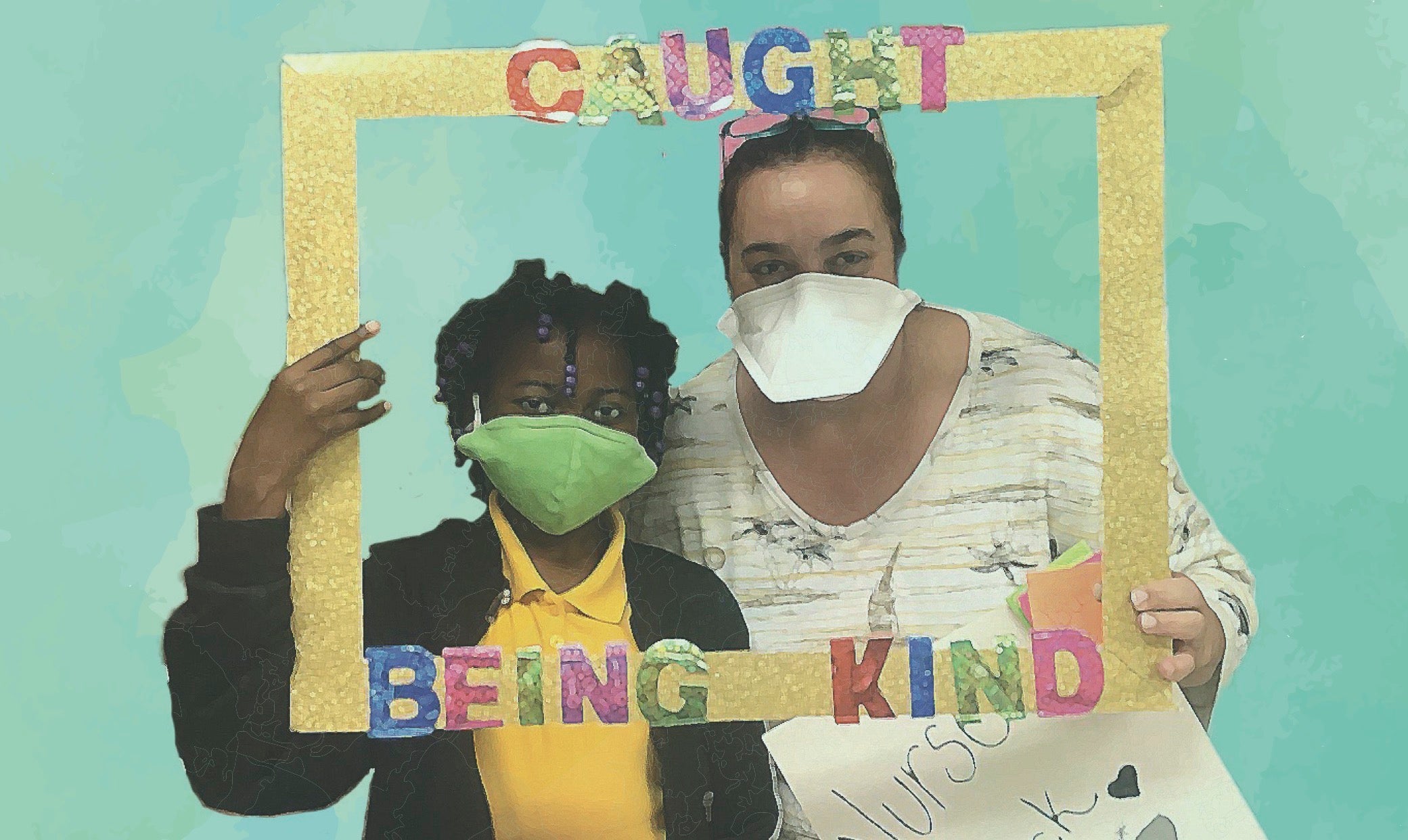
- Author(s)
- Jennifer T. Leschitz, Catherine H. Augustine, and Heather L. Schwartz
- Publisher(s)
- RAND Corporation
Summary
How we did this
Researchers drew on a variety of data for this case study of a partnership between Diamond View Elementary School in Palm Beach County, Fla., and its OST partner Diamond View Afterschool.
One way to boost social and emotional learning (SEL) in schools and out-of-school-time (OST) programs is increasing awareness of SEL practices among adults. That includes everyone from instructors and cafeteria staff to bus drivers and parents.
That was the clear message of this case study, which features Diamond View Elementary School in Palm Beach County, Fla., and its OST partner, Diamond View Afterschool. The two collaborated to promote consistent and positive student experiences with adults across the day.

Everybody in the school [shares] the understanding that we want to have one cohesive day—not just school day versus afterschool time. Because of that, teachers are a lot more receptive to Afterschool’s feedback, and we’re definitely developing a stronger relationship between the school day and OST.
— Luis Lebron, OST program director, Diamond View Afterschool
Part of a Larger Initiative
The communities were participants in Wallace’s Partnerships for Social and Emotional Learning Initiative, which brought together school districts and their OST partners to develop and put in place SEL activities across learning settings.
Involving Every Adult
The principal and OST program director shared the conviction that every adult in a student’s life affects the child’s development. They therefore believed it was important for all adults, no matter the setting, to use social and emotional skills with children.
With that in mind, they engaged non- instructional staff members, as well as families, in SEL. Their goal was to enable students to experience positive interactions outside the classroom: in the cafeteria, on the bus, and at home.
The partners first collaborated to promote consistent and positive student experiences with adults across the day. After introducing the use of similar SEL practices in the school and OST settings, they engaged non-instructional staff members and families. For example, they provided SEL training for non-instructional staff and helped include SEL into family events.
Challenges and Changes
The case study describes how the school and afterschool program overcame challenges, such as finding time for coordination across school and OST staff members. It also details the partners’ efforts to involve students in guiding SEL activities. For example, they sought out students’ input and provided opportunities for student choice in SEL activities and rituals.
Other results included:
- An overall improvement in the school and OST program environment. Researchers particularly noted changes during non-instructional times throughout the school day, such as arrival and dismissal, hallway transitions, and meals in the cafeteria.
- Teachers came to view the OST program as an extension of the school day team.
- 88 percent of school staff agreed that the school’s focus on SEL helped students and staff to cope with the pandemic.
Key Takeaways
- Palm Beach County’s Diamond View Elementary School and its out-of-school-time (OST) partner engaged non-instructional staff members and parents in social and emotional learning (SEL).
- Providing SEL training for non-instructional staff members and including SEL in family events fostered a consistent learning environment.
- School and OST partners involved students in guiding SEL activities
- The effort resulted in an overall improvement in the school and OST program environment. That was particularly true for non-instructional times throughout the school day.
Visualizations
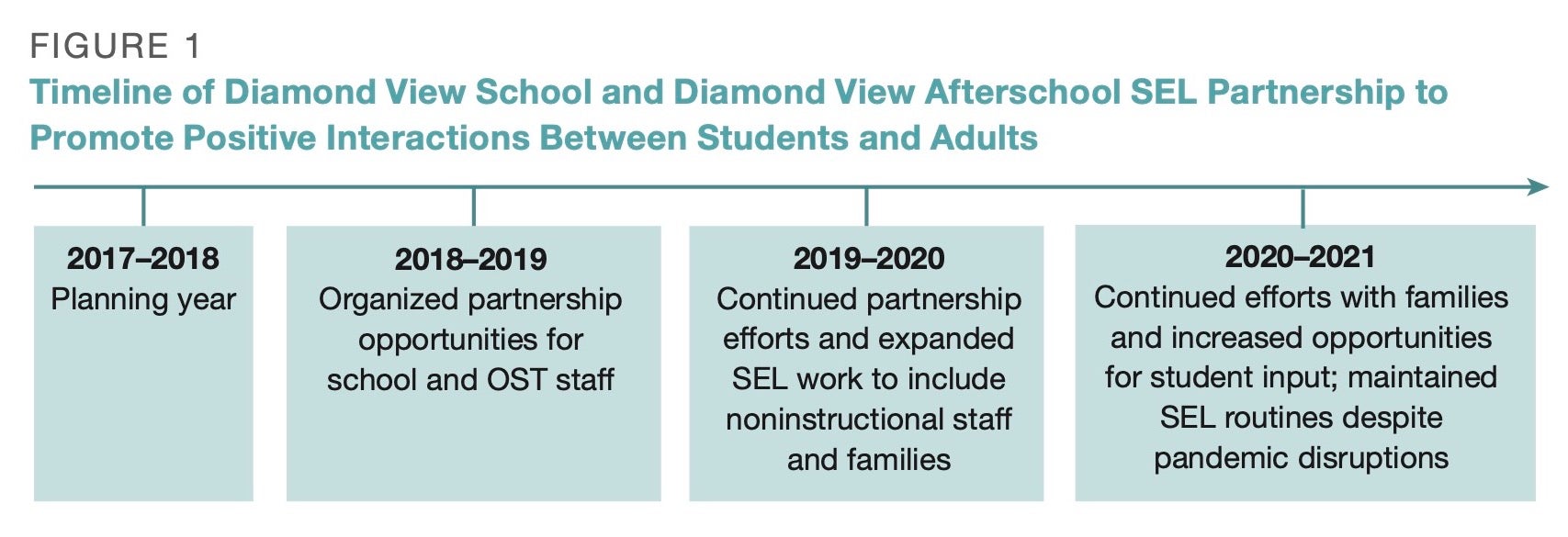
Materials & Downloads
What We Don't Know
The collaboration took place in a large urban district primarily serving students from historically disadvantaged populations. For that reason, lessons learned may not apply to all elementary schools.
Researchers surveyed Diamond View Afterschool instructors each year. But when the number of respondents was less than ten, they were unable to report on this data. That was the case for the 2017, 2018, and 2021 surveys.

